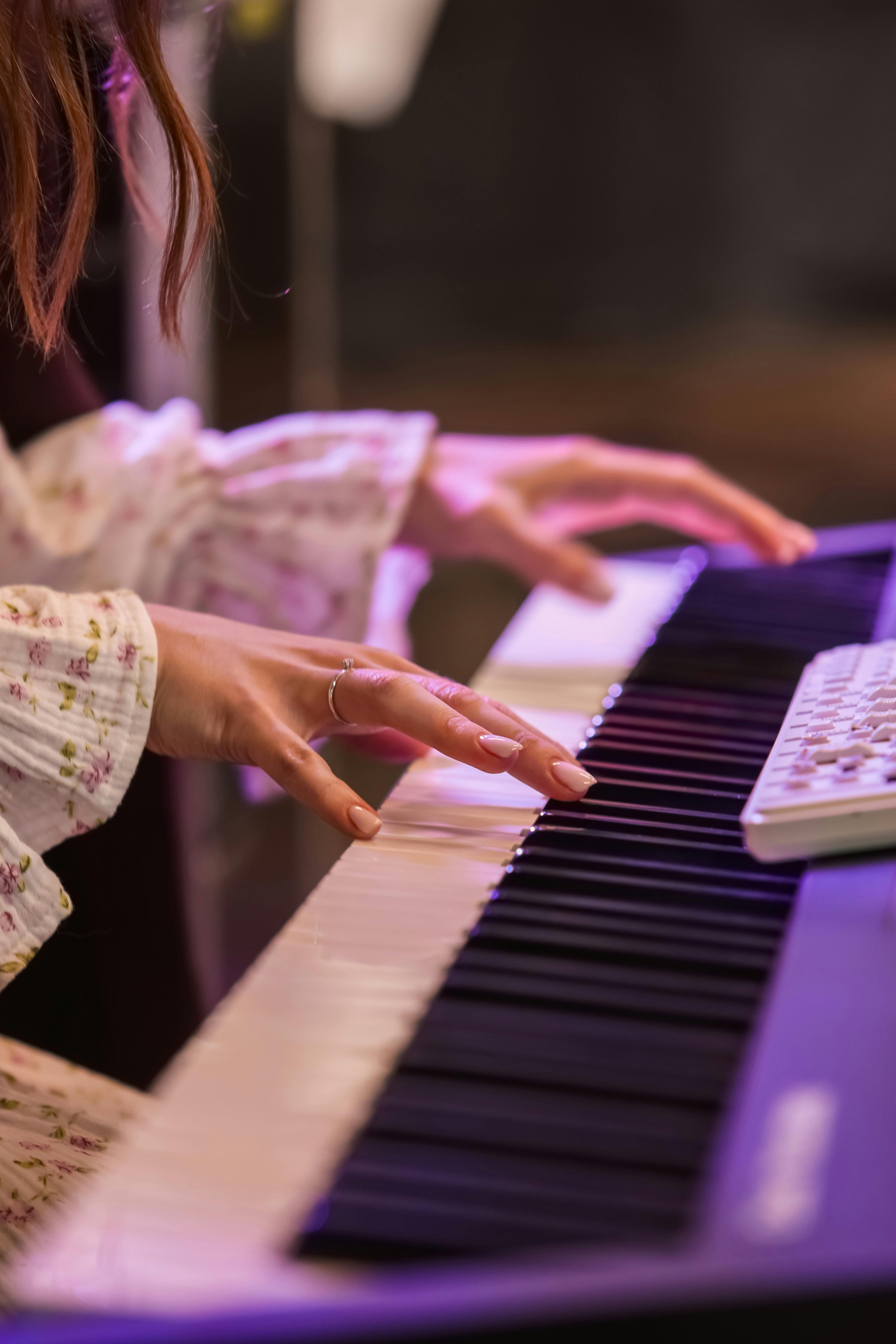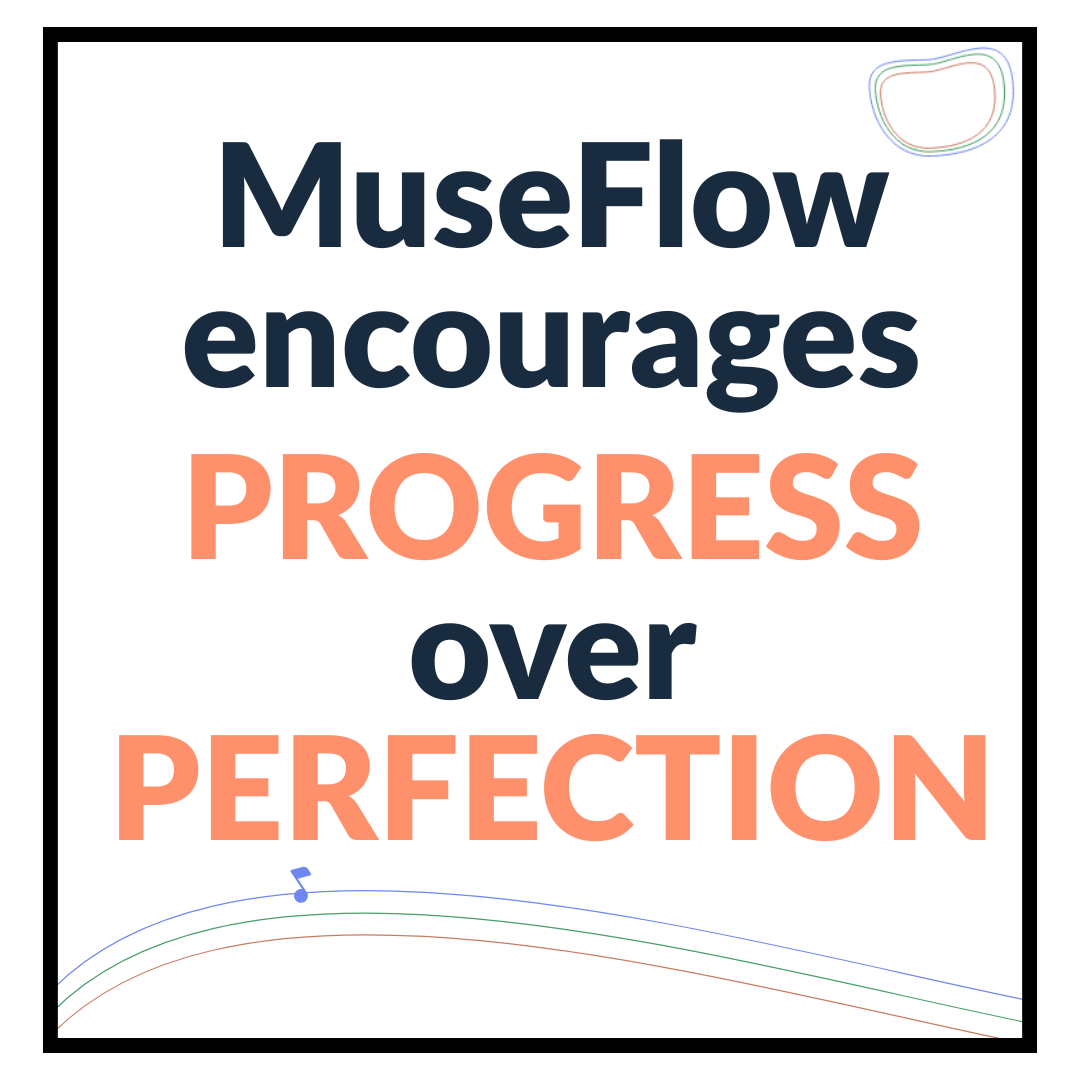Piano Learning as Stress ReliefA Fun Alternative to Meditation
In our fast-paced world, stress relief piano learning has emerged as one of the most effective ways to combat daily anxiety. While traditional meditation requires sitting still and clearing your mind, playing piano to reduce anxiety offers an active, engaging alternative that produces beautiful music while calming your nervous system.
Could a piano lesson in your home be more therapeutic than your meditation app? Science suggests it absolutely can be.
The Science Behind Music and Stress Reduction
Research consistently demonstrates that music listening has been suggested to beneficially impact health via stress-reducing effects. When you engage with music through active participation like piano playing, your brain releases neurochemicals that naturally combat stress and anxiety.
Playing piano to reduce anxiety works through multiple biological pathways. Piano playing helps lower cortisol, your body's primary stress hormone, while providing immediate biochemical benefits. Studies show that musical activities trigger the release of endorphins and engage the endogenous opioid system, creating natural feelings of well-being and relaxation. Regular piano practice also helps regulate your autonomic nervous system, reducing the fight-or-flight response that characterizes chronic stress.
How Piano Compares toTraditional Meditation
Playing piano as meditation offers unique advantages over sitting meditation:
- Active Engagement: Instead of fighting wandering thoughts, piano playing channels your mental energy into productive focus. Your mind stays naturally occupied with rhythm, melody, and technique.
- Immediate Feedback: Unlike meditation where progress feels abstract, piano provides instant gratification. Every correct note confirms you're succeeding, building confidence while reducing stress.
- Measurable Progress: You can hear and see your improvement, creating a sense of accomplishment that traditional meditation often lacks.
- Social Connection: Piano skills can be shared with others, creating social bonds that further reduce stress and isolation.

The Flow State Connection
Stress relief piano learning naturally leads to what psychologists call "Flow State." This is that magical zone where time disappears and stress melts away. There is significant power to Flow State in music education. Piano practice is a fantastic vehicle for this therapeutic state.
In Flow State, your brain reduces self-criticism while increasing focus and producing optimal mood-enhancing neurochemicals. Mindfulness and Flow States share similar stress-reducing benefits, creating a natural meditation-like experience.

How MuseFlow Maximizes Stress Relief Benefits
Traditional piano lessons can actually increase stress through performance pressure. MuseFlow's approach eliminates these anxiety triggers while maximizing therapeutic benefits.
It's a pressure-free learning environment. No judgment, no performance anxiety. MuseFlow's real-time feedback provides gentle guidance without the stress of disappointing a teacher. A key element is that you're able to break free from perfectionism in music performance. This is crucial for stress relief.
MuseFlow encourages progress over perfection, celebrating small wins that build confidence. Every practice session becomes a mini-meditation retreat. MuseFlow's sight-reading approach keeps your mind focused on the present moment. This is the essence of mindfulness.
4 Tips For Practical Stress Relief Through Piano Learning
- Playing piano as meditation doesn't require hours of practice. Even 15-20 minutes of focused piano time provides significant stress relief benefits:
- Morning Sessions: Start your day with calm focus instead of rushing anxiety. Piano practice creates a peaceful transition from sleep to daily activities.
- Lunch Break Reset: Replace scrolling social media with piano practice for genuine mental rest. Your brain gets restoration while building a valuable skill.
- Evening Wind-Down: Piano practice helps transition from work stress to relaxation, preparing your mind for restful sleep.

The Unique Benefits of Active Music-Making
Unlike passive stress relief methods, stress relief piano learning engages multiple cognitive systems simultaneously:
- Cognitive Benefits: Piano practice improves working memory, attention span, and executive function — skills that help you manage stress more effectively in daily life.
- Physical Benefits: The gentle physical activity of piano playing releases muscle tension while improving fine motor coordination.
- Emotional Benefits: Creating beautiful music provides emotional expression and release that pure meditation cannot match.
Making Piano Your Stress Relief Practice
Ready to transform your stress management routine? Piano learning offers a lifelong skill while building your body's natural stress resistance. Playing piano to reduce anxiety isn't just about the music you create; it's about becoming more focused, confident, and resilient to daily stressors.
Stress relief piano learning with MuseFlow means you can start experiencing these benefits immediately, without years of traditional training that might increase stress levels.
Your piano bench might just become your new meditation cushion... one that produces beautiful music while healing your mind.


.svg)









